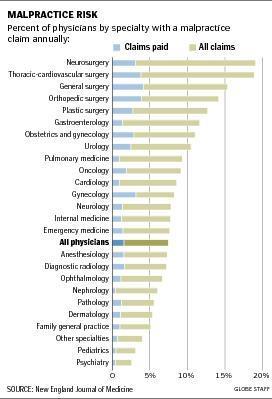Media Training Boot Camp For Health Care Professionals - A Wow Experience
/ Media training for doctors (or medspas)?
Media training for doctors (or medspas)?
The media loves covering the cosmetic medicine industry. The public hunger for this information is insatiable. For providers of these coveted services, the media can serve as a powerful tool to spread the word to the masses of the latest and greatest – what’s hot and what’s not. It can also help define WHO is hot or not. In the competitive tussle of the cosmetic medical marketplace, whether or not your business is successful is determined, in part, by the media ‘footprint’ you cultivate over time. With so much competition, those who conquer the visibility factor can separate themselves from the fray. A good web site and blog , smart use of social media and speaking to groups of potential patients are critically important. Yet, as the competitive heat continues to rise, there may be a need to transcend to the next level. Becoming a media ‘personality’ is a great way to achieve this end. This requires a unique skill set that we are all capable of acquiring but whom many find intimidating.
I was fortunate to attend the “Dr. You” Media Training Boot Camp for Doctors program presented in a joint effort by the Discovery Channel and Harvard Health Publications held October 19 – 21 at the Discovery Channel Global Headquarters. This excellent course is designed for health care professionals who want to step up their media exposure. It is ideal for those who either want to stand out more visibly in their local market or are interested in advancing to become a nationally recognized "Go-To" expert and thought leader. Features of this course included:
- Live TV interview practice
- Video sessions using a teleprompter
- Tips on how to become a sought-after professional speaker or “Go-To” expert
- Insights in obtaining and working with a publicist
- Radio interview coaching
- How to become a best-selling author
- Strategies to maximize your online presence
A tall order indeed, and they delivered! Their top notch faculty included a 15 year producer for the Oprah show who also works with Dr. Oz, the Chief Medical Expert for the Discovery Channel, the Chief Editor of Books at Harvard Health Publications, and several top notch media experts, web strategists, and literary agents. The training was very personalized and the immediate feedback was right on (sometimes painfully so!). The class mix ranged from rank amateurs (most of us) to savvy professionals wanting a little polish. The faculty went over and above to 'bring us along' and made this a great experience. We all ended the program wanting more – and hopefully they will let the huge success of this 'pilot' program convince them to expand upon this even further in the near future.
If and when this course is offered again, I recommend you jump on it. You will be very glad you did.







